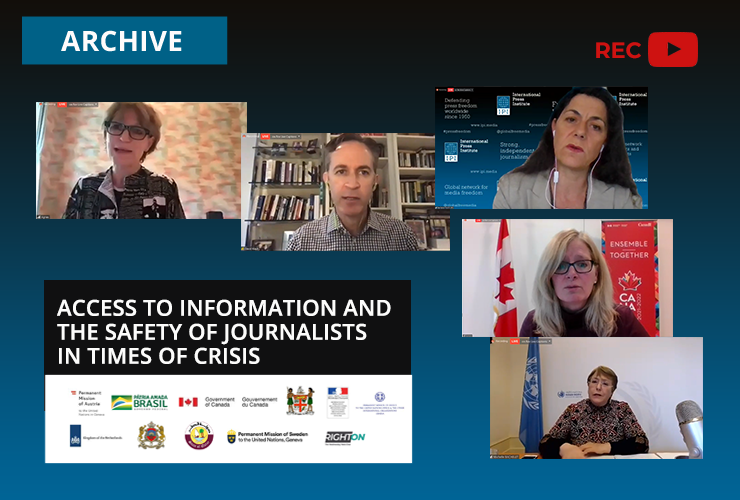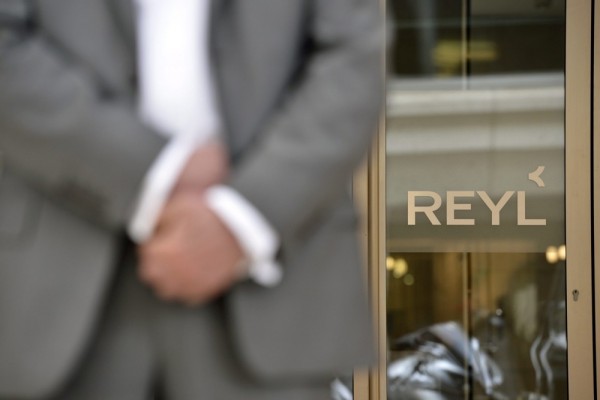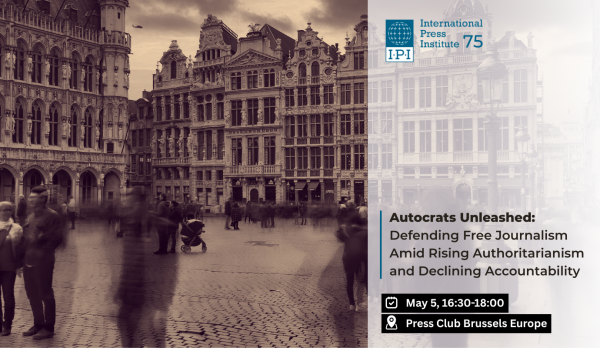In times when public authorities must take significant decisions that affect public health, civil liberties and people’s prosperity, the public’s right to access information about such decisions is vital. Governments must, under international human rights law, protect the right to freedom of expression, including the right to seek, receive, and impart information of all kinds, regardless of frontiers. In times of crisis, the provision of reliable information in accessible formats to all, including by ensuring access to the internet, is crucial for governments’ efforts to protect the public.
Free, independent, plural and diverse media have proven to be an indispensable ally of governments and public authorities in informing the public, enabling individuals to exercise their rights to seek and receive information and to develop opinions so that they can take informed decisions and appropriate steps to protect themselves and their communities. Furthermore, ensuring media pluralism and strengthening professional journalism plays an important role in countering harmful mis- and disinformation. In this context, more than ever, protecting journalists and media workers must include not only their physical but also their legal and economic safety.
Attacks on journalists must be followed by effective investigations with a view of prosecuting and punishing those responsible. This webinar will look at challenges for the right to access to information in times when most governments need to come up with strategies to mitigate the effect of the COVID-19 pandemic on their societies, including its human rights impacts and the repercussions on their health systems and economies. It will discuss the importance of the right to access to information and of free, independent, plural and diverse media for inclusive and peaceful societies and democracies, for holding public institutions and officials accountable and for good governance. Panelists will also consider the specific, increased risks for journalists reporting on governments’ social and economic policies and the importance of an enabling environment for journalism, which includes their economic safety.
The webinar is organised by Austria, Canada and Netherlands in partnership with the RightOn initiative and co-sponsored by members of the core groups on the resolutions on Freedom of Expression and Safety of Journalists.
Speakers:
Michelle Bachelet, UN High Commissioner for Human Rights
David Kaye, Special Rapporteur on the promotion and protection of the right to freedom of opinion and expression
Fatou Jagne Senghore, Regional Director, ARTICLE 19 West Africa
Barbara Trionfi, Executive Director International Press Institute
Christophe Deloire, Executive Director Reporters without Borders
Agnes Callamard, UN Special Rapporteur on extrajudicial, summary, or arbitrary executions
Moderators:
Leslie E. Norton, Ambassador and Permanent Representative of Canada to the United Nations and the Conference on Disarmament in Geneva



